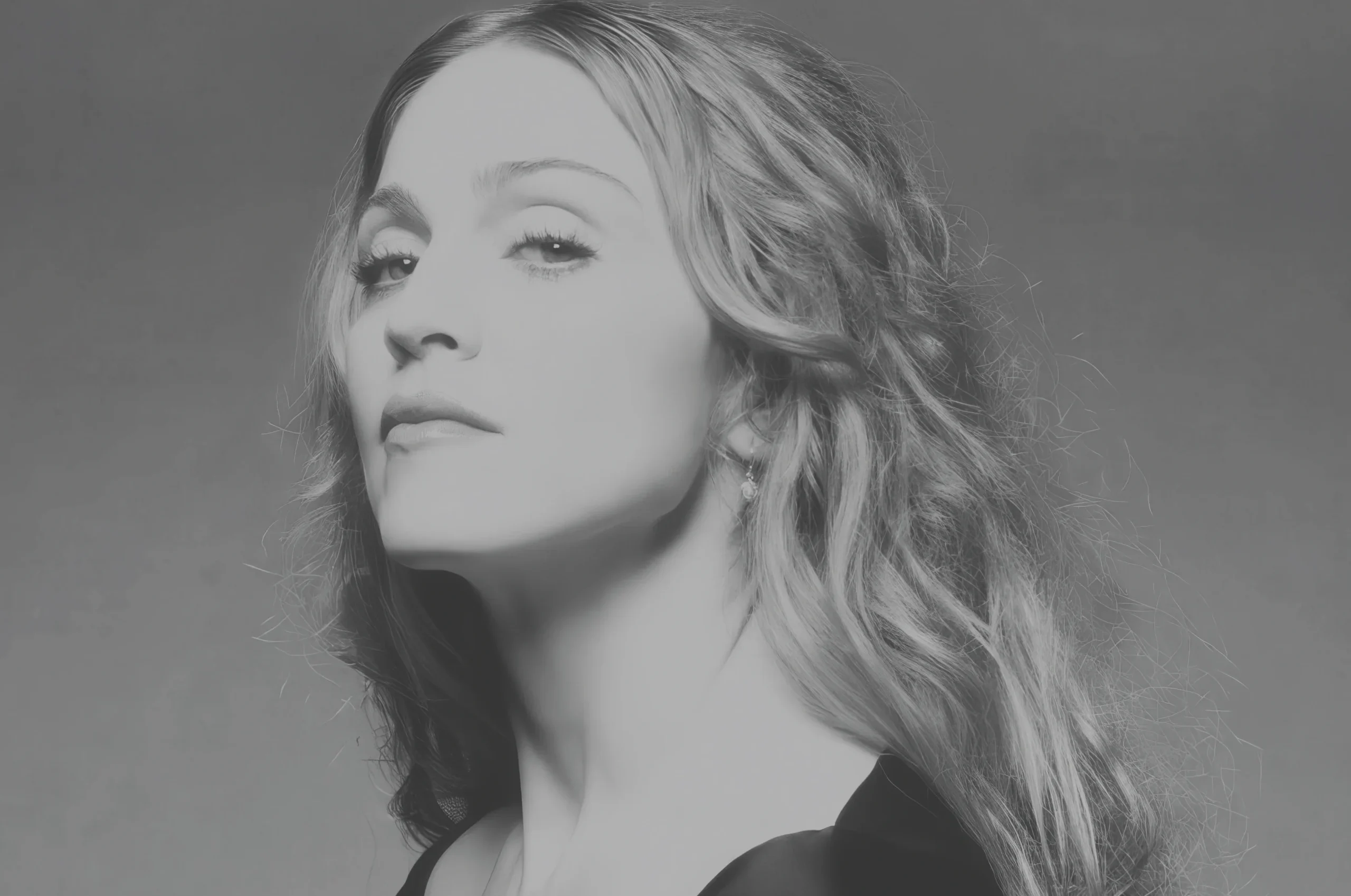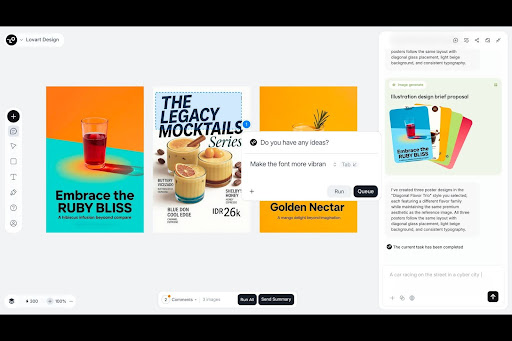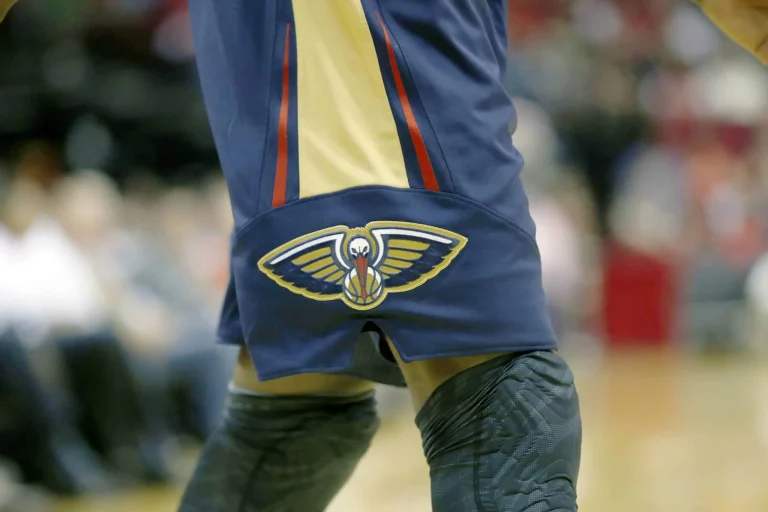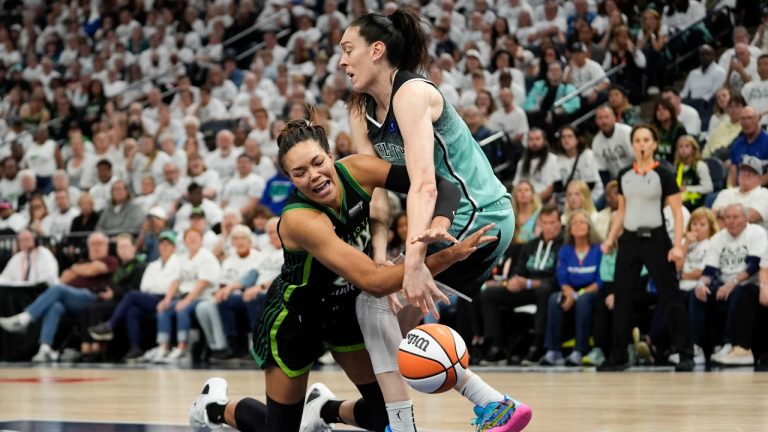Desperately Seeking Susan, Madonna’s first major picture role, inspired me to declare my senior year of high school my Madonna Year. That year was not, as you might guess, 1985, but 2018; the year Madonna turned 60. The mononymous Madge (mononymous in the class of the likes of Plato, Homer, and Cher) returns with her 15th studio album, Veronica Electronica, which features previously unreleased songs from her 1998 album Ray of Light. I thought I should celebrate this ‘Holiday’ with a list of Madonna songs plucked from her wide discography for their association with an iconic Madonna moment from her nearly fifty-year career. Veronica Electronia will have you wondering ‘Who’s That Girl’ until you realize, ‘She’s Not Me’ ‘She Is a Diamond’, but ‘Sooner or Later’ ‘You’ll See’ and ‘Get Into the Groove’, until you declare this year your Madonna Year too.
‘Like a Virgin’
If you know Madonna like I do, then you know her first number one single was ‘Like a Virgin’. A teasingly sensational disco-meets-virgin/whore-complex single that implied plainly through the lyric, “made me feel like a virgin,” that she was not the aforementioned virgin. Was she a whore? Depends on who you ask, but this is where Madonna’s sexual power originates. A freewheeling I can be this and that and get me my purse darling I’m going out kind of sexuality Madonna effortlessly exudes. Released in 1984, she performed this number at the MTV Music Awards in a quickie-Vegas-style-wedding dress with a belt that read ‘Boy Toy’ causing quite a stir. Remember, this was the year George Orwell predicted absolute government control. Madonna proved the only kind of control around, at least for her, was how far she could roll around on stage while remaining in camera view.
‘Erotica’
In 1992 Madonna released her Sex coffee table book. The Sex book set the tone for a decade obsessed with the images of sex undergirded by the AIDS crisis that cultivated fear of it. Recently I had the chance to look at a signed copy (courtesy of the estate of Ann Kwong) and I tried fiercely to not lick Madonna’s signature. The book came with a CD featuring the single ‘Erotica’ from the Erotica album. I listened to the lyrics sing out loud the sexual fantasies of Madonna’s Sex book persona Dita as I flipped through the nudes overlaid with text, brimming with sex.
‘Vogue’
Released in 1990, one year before the documentary of New York City drag culture Paris is Burning, Madonna popularized (or appropriated, as we understand it today) vogue as a verb. Thirty years later, the TV show Glee aired an episode titled ‘The Power of Madonna’. The writers’ strangely crafted plot lines around the theme of empowerment to fit in as many Madonna numbers as possible (sort of like I tried to do in my introduction to this listicle) made not all songs stick the landing. I wanted to be rescued from the boys’ rendition of ‘What It Feels Like For a Girl’ as swiftly as Madonna rescued Nana from ‘Ol Kuntz’ guest house in the music video. Though Sue Sylvester’s rendition of ‘Vogue’ where she changes the lyrics from “Betty Davis we love you” to “Will Shuester I hate you,” eliciting a fourth wall break from her and Kurt, is an Xtravaganza of comic fierceness near Madonna’s own.
‘Hung Up’
In 2005, Madonna released her Confessions on a Dance Floor album which was my baby’s first Madonna album. Though I first rocked out to ‘Music’ as an infant, when this album came out I was old enough to sing along to ‘Let It Will Be’, ‘Isaac’, and ‘Push’. I was enthralled by the Judaica melodies and reimagining of biblical stories brought on by Madonna’s then strange commitment to Kabbalah. ‘Hung Up’ stands out because Madonna had long been a mother by the time she strutted in a hot pink leotard across a ballet studio in the ‘Hung Up’ music video. The quiet entry gives the scene an air of finally some me time, which she flaunts at 47 with bravada as fit as a fiddle. I heard Madonna’s sample of ABBA in ‘Hung Up’ long before I ever heard of ABBA.
‘Express Yourself’
Madonna’s Blonde Ambition Tour (1990) and the accompanying documentary Madonna: Truth or Dare precipitated the genre of reality television that so inundates American reality today. (See: the reality TV president.) The black-and-white off-stage scenes carried immense drama for their newness, pulsating with wide visions of self-scrutiny Madonna allowed. This kind of all access performance, where music did not even overlay the striking silence in contrast to the live shows, Madonna performs professionalism and domesticity while painting herself as a mother to her younger dance crew. Why Express Yourself’? Because in Madonna’s world, if the cameras aren’t rolling, there is no point in expressing anything at all. Also: Cone bra.
‘You Must Love Me’
Madonna knows reinvention better than she knows her pinky toes. She underwent vocal training for the role of Éva Peron in the movie-musical Evita. At the 1997 Academy Awards she sang the single live, performing quite a different vision than her previous award ceremony stage shows. She appears much more restrained – acting rather than acting out. The song ‘You Must Love Me’ is perhaps the unspoken rallying cry of Madonna’s career. She mutates her sound to her own beat, yet always manages to make the world fit in the palm of her opera glove.
‘Into the Groove’
In Desperately Seeking Susan Madonna stands by the jukebox in a night club waiting for the husband of Roberta Glass (Rosanna Arquette), the woman obsessed with Madonna’s titular character Susan. In his boring bland beige suit he sticks out like a car salesman at a punk show. ‘Into the Groove’ plays and this yuppie is scared. It is clear that this is the realm of the cool, Madonna’s downtown world of queerness and perversity that ‘Into the Groove’ entices everyone to join. Though the role itself did not launch Madonna’s fame (she would get there on her own) it crafted an early picture of Madonna as the vision of ahead of her time (she takes selfies on a Polaroid). She would go on to star in several movies where she plays, essentially, herself.
‘Medellín’
In the decade before her 2019 studio album Madame X was released, Latin music and Reggaeton rose in popularity in the global music world. The first song on Madame X features Columbian artist Maluma, who accompanies Madonna in an English/Spanish call and response. Although Madonna has long been inspired by Latin music and culture (see: ‘La Isla Bonita’ and her role in Evita), the accusation of appropriation gets thrown at her constantly. In the opening of the music video for ‘Medellín’, Madonna whispers in a voice-over prayer: “From now on I am Madame X. And Madame X loves to dance, because you cannot hit a moving target.” Accusations of cultural appropriation miss Madonna because they can’t stick. Before anyone can craft a well-worded essay on Madonna being “problematic” she has already moved on. To Madonna anything is for the taking, and what she takes, she shares, though of course, not really.
‘Bitch, I’m Madonna’
Madonna once told Dick Clark she wanted to “rule the world.” Three decades later, ‘Bitch, I’m Madonna’, via her Rebel Heart album, was a toast to that desire fully realized. At the 2016 Billboard awards Madonna said, “The most controversial thing I’ve ever done is to stick around.” That was nearly a decade ago, and here she is, releasing another album. The music video’s bizarre spectacles of pink and celebrity cameos are unimaginable today. Though anyone who sings along – from Beyoncé to Diplo – can proclaim to be Madonna too.







